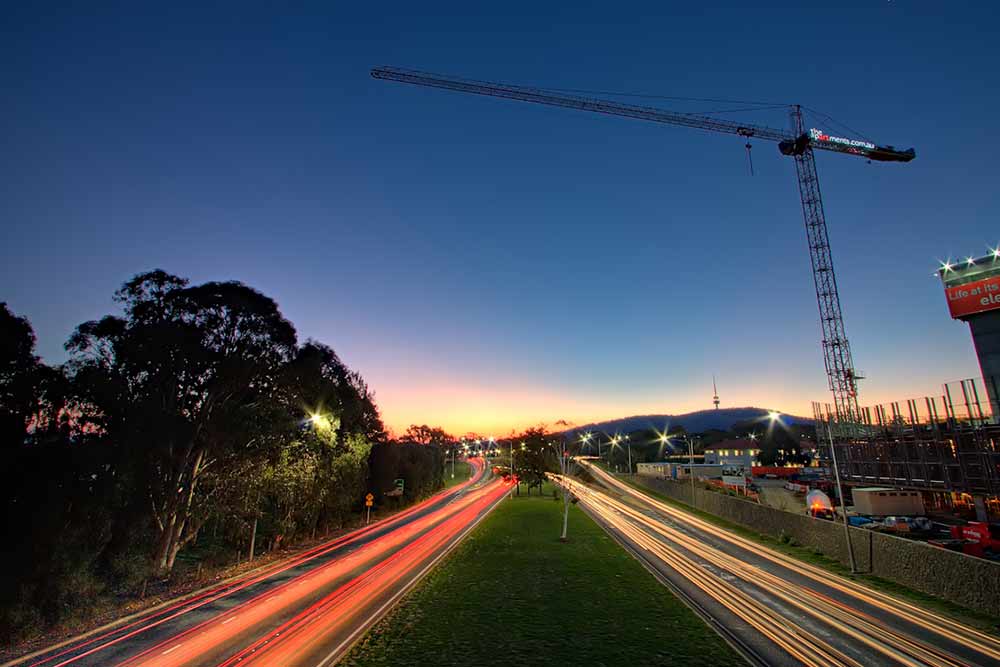
Image: Sam Ilić/flickr
The federal government’s new measures to build more infrastructure and make housing more affordable have been welcomed by the development sector.
Under the new measures outlined in the 2017-18 Budget released on 9th May, the federal government has allocated $1 billion for critical infrastructure and $70 billion for transport infrastructure.
This is in addition to Treasurer Scott Morrison’s controversial plan to enable first home buyers to tap into their superannuation to withdraw up to $30,000 to contribute to a deposit – assuming young people have managed to accumulate that much in the first place.
Shadow Treasurer Chris Bowen slammed this plan on ABC Radio in Brisbane, calling the housing package a “joke” and the measure “undermines superannuation”.
“Now our view is that the superannuation guarantee needs to be higher because we’re not yet saving enough for retirement and a young person saving in particular for retirement, that money compounds in interest over decades and builds to a more dignified retirement,” Mr Bowen said.
He said this is a “diversion from the fact that the government won’t reform negative gearing and capital gains tax which are the two biggest things you can do to improve housing affordability in Australia”.
But Urban Taskforce Australia chief executive officer Chris Johnson has praised the government’s new infrastructure plans, hailing it as a ‘good balance’ for housing supply and affordability.
“To encourage more affordable housing the budget has lifted the Capital Gains Tax discount to 60 per cent where private investment is made in affordable housing. This will be a real incentive for the development industry to invest in this area particularly if the bond aggregator through the National Housing Finance and Investment Corporation is available to the private sector,” Mr Johnson said.
“The Urban Taskforce is impressed with the careful balance the federal budget has achieved between stimulating much needed housing supply while developing policies that help with housing affordability. As indicated in the budget papers the state governments will now need to reform their planning systems to ensure more homes are built more quickly for Australian families.”
He said the proposal to have Managed Investment Trusts to develop affordable housing to hold for rent for more than ten years is another positive move.
Mr Johnson also welcomed the proposal to encourage older people to downsize from large houses through allowing up to $300,000 from the sale of a house to be invested in a superannuation fund.
He was quick to hit back at growing criticism toward negative gearing and calls to remove capital gains tax reductions on property, saying that the federal government has ‘clearly understood the sensitivities’ of the role of investors in maintaining a ‘viable’ rental housing market.
“To pull policy levers in an aggressive manner could lead to devaluation in the main asset that many families rely on in their own home,” Mr Johnson said.
In the 2017 Budget, another highly publicised asset in the making has been included, with $5.3 billion in funding allocated to the establishment of the Western Sydney Airport Corporation, which Mr Johnson said will “drive this important game change project”.
“The allocation of $1.7 billion through the Asset Recycling Fund to the Sydney Metro project will help progress this important infrastructure that will underpin where new urban development can be located in metropolitan Sydney.”





